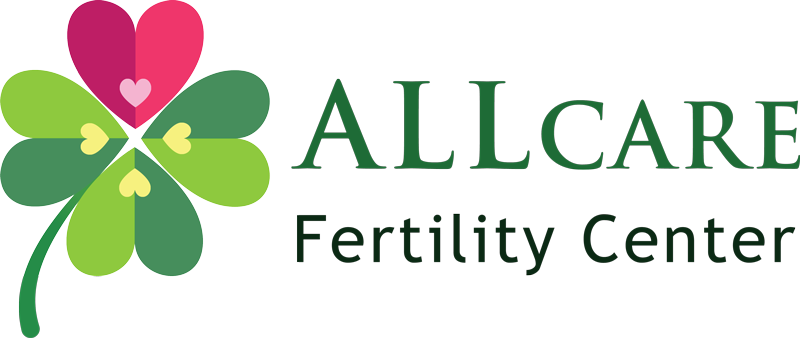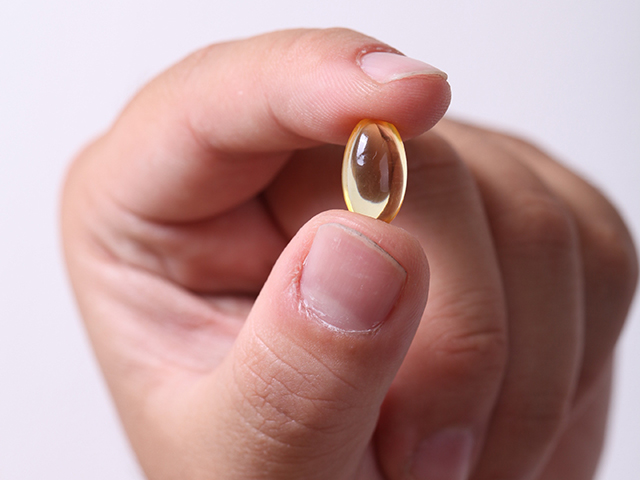You already know that getting enough nutrients in your diet is important to your overall health. But did you also know that vitamin D in particular is important to your fertility? Vitamin D plays many critical roles in the body. It helps maintain teeth and bones, supports a healthy immune system, nervous system, and brain, and regulates insulin levels. Vitamin D also enhances cardiovascular health and lung function. Unfortunately, many people lack vitamin D which can directly interfere with good health and fertility.
How Vitamin D Affects Fertility
Research has shown a link between vitamin D and reproduction. Some men have been found to have a healthier concentration of sperm and better sperm mobility when they have adequate levels of vitamin D, compared to men with vitamin D deficiencies. A lack of vitamin D has also been associated with sperm maturation, in addition to overall decreased testicular function.
Women who are trying to conceive may experience fertility issues when lacking essential nutrients like vitamin D. Having healthy levels of vitamin D has been found to increase ovarian follicular fluid levels which increase a woman’s chance of becoming pregnant. Higher ovarian follicular fluid levels are also important for women going through fertility treatments. Vitamin D aids in embryo transfer and successful IVF cycles.
Further studies have shown that the supplementation of vitamin D in certain stages of menstrual cycle regulation and egg cell maturation can be beneficial among women suffering from polycyclic ovary syndrome (PCOS). This hormonal disorder is a known cause of infertility. Vitamin D can also be therapeutic in other ways by helping to improve insulin sensitivity, inflammation, obesity, and dyslipidemia in PCOS sufferers.
Best Ways to Get Enough Vitamin D
Ideally, you should consume between 800 and 1000 mg of vitamin D daily to maintain a healthy level. One of the easiest ways to get enough vitamin D is through the foods you eat every day. Eggs, dairy, and fatty fish all contain high levels of vitamin D. A serving of cod liver oil in the morning can also be beneficial. Kale, spinach, okra, white beans, soy beans, collards, and calcium-fortified foods like oatmeal and breakfast cereal are often vitamin D rich.
If you have trouble getting enough vitamin D from your diet alone, you may also want to consider vitamin D supplements. These supplements can be purchased over the counter but be sure to get vitamin D3, not vitamin D2. While many multi-vitamins and pre-natal vitamins contain vitamin D, most do not contain sufficient amounts for a healthy pre-conception diet.
While getting your vitamin D through food and supplements may be sufficient depending on your unique food and lifestyle choices, you may want to consider another easy way to up your vitamin D exposure. Going outdoors without sunscreen for 10 to 15 minutes a day allows your body to soak in the ultraviolet rays that naturally produce vitamin D in the body. Early morning is the best time of day to soak in the sun to avoid overheating.
Importance of Vitamin D for Health
Getting enough vitamin D is important both pre-conception and during pregnancy. Research has shown that women who took sufficient levels of vitamin D during pregnancy cut their risk of premature birth in half. Women who had higher levels of vitamin D were also less likely to develop infections.
If you are trying to get pregnant but are experiencing infertility issues, it is important to consider all aspects of your health. Talk to your doctor about any concerns you may have about your vitamin D levels and develop a plan to increase the nutrient if needed.

